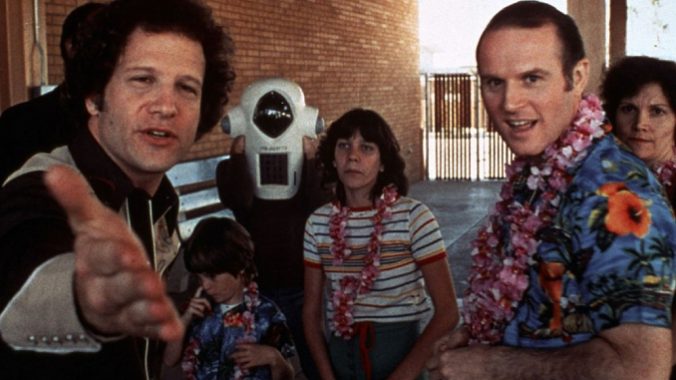Best of Criterion’s New Releases: August 2024

Each month, Paste brings you a look at the best new selections from the Criterion Collection. Much beloved by casual fans and cinephiles alike, Criterion has presented special editions of important classic and contemporary films for over three decades. You can explore the complete collection here.
In the meantime, because chances are you may be looking for something, anything, to discover, find all of our Criterion picks here, and if you’d rather dig into things on the streaming side (because who’s got the money to invest in all these beautiful physical editions?) we’ve got our list of the best films on the Criterion Channel. But you’re here for what’s new, and we’ve got you covered.
Here are all the new releases from Criterion, August 2024:
Brief Encounters
Year: 1967
Director: Kira Muratova
Stars: Nina Ruslanova, Vladimir Vysotskiy, Kira Muratova, Yelena Bazilskaya, Olga Vikland, Aleksey Glazyrin
Rating: NR
Kira Muratova stars in, directs and writes (alongside Leonid Zhukhovitsky) Brief Encounters, a class-conscious love triangle dominated by inspired camera placements and a dashing performance from Soviet cultural icon Vladimir Vysotsky. Vysotsky plays the rakish geologist Maxim, the object of affection for both government employee Valentina (Muratova) and her young housekeeper Nadia (Nina Ruslanova). As Maxim follows his mining fortune and strums folks songs, reflecting the street-poet tradition of Vysotsky’s real career as a bard, the romantic entanglements collide with discussions of wealth, power, and…construction permits. Only a year after Brief Encounters’ release, the Soviet powers that be began a smear campaign against Vysotsky’s down-to-earth lyricism for being too realistic about common vices (and a little too free with antigovernmental sentiment). You get a sense of this, somewhat, through Muratova’s stark frames and intense lighting, though its her rambling conversations and nonlinear story structure that give the film its New Wave vibe. This all culminated in the film being censored and suppressed for decades, deemed dangerously defiant of social realist tradition.—Jacob Oller
-

-

-

-

-

-

-

-

-

-

-

-

-

-

-

-

-

-

-

-

-

-

-

-

-

-

-

-

-

-

-

-

-

-

-

-

-

-

-

-









































